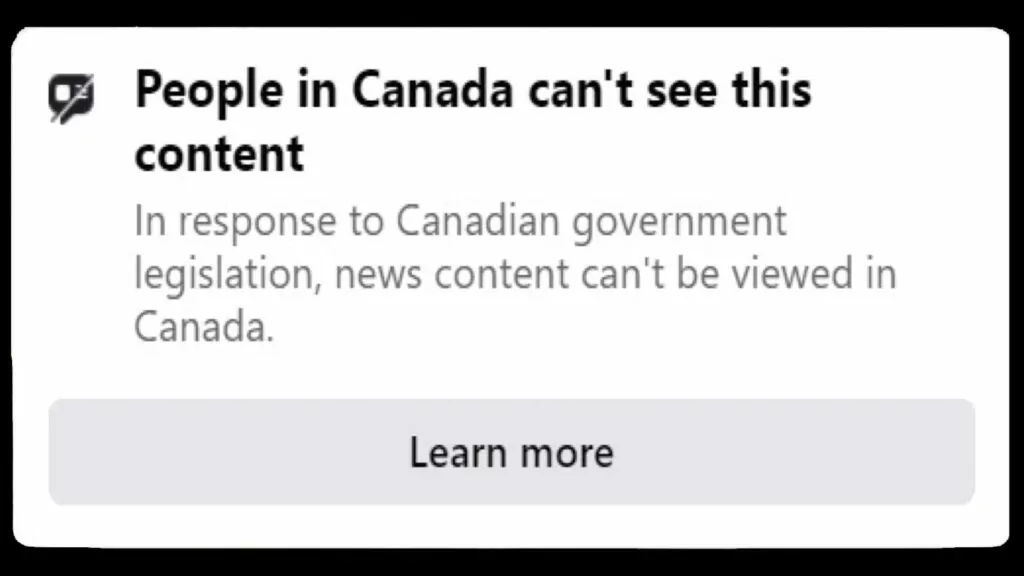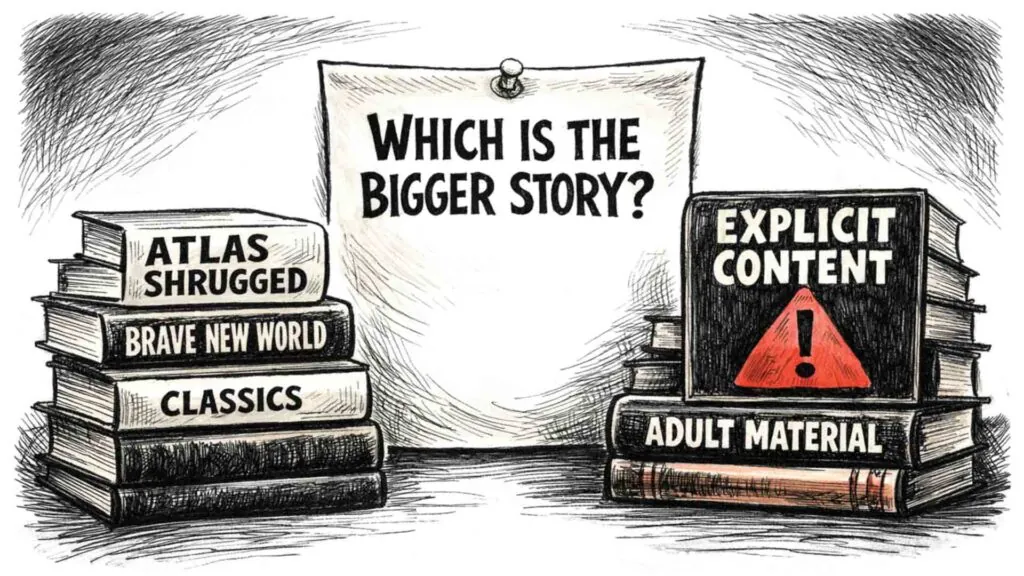While the media was covering the federal election, the newly formed Canadian Journalism Collective (CJC) started its first handouts of cash from the enormous pot of $100 million that it is now mandated to give to Canadian news outlets each year.
The funding comes from money that Google was required to pay in order to comply with the Liberal government’s Bill C-18, the Online News Act, which passed through Parliament in 2023. As revenue has dwindled for the legacy media, the Liberal government has been very motivated to step in with their own funding, both directly and indirectly. In addition to its $1.4 billion in annual funding of the CBC, it provided about $885 million of other media handouts in the past five years.
The Hub, a relatively new media organization which doesn’t support government funding, reached out to Canada’s largest legacy media companies to ask if they received any of this money, how much they got, and whether they would be willing to disclose this during the election campaign. None of the organizations would commit to this.
Why does this matter? We can’t serve two masters – if the media is supposed to be the servant of the public, holding the government to account, it can’t also be in the employ of that government.
Last year, Reformed Perspective turned down an opportunity to receive substantial funding from the “Special Measures for Journalism” component of the Canada Periodical Fund. By God’s grace, our readers not only covered all our bills, they provided the means for us to grow our circulation and expand our team. Thank you for being the means through which we can continue to celebrate God’s truth, without being beholden to the government.












